Camarada Forte
Forward, comrade!
“The weapon of criticism cannot, of course, replace criticism of the weapon, material force must be overthrown by material force; but theory also becomes a material force as soon as it has gripped the masses.”
- 286 Posts
- 808 Comments
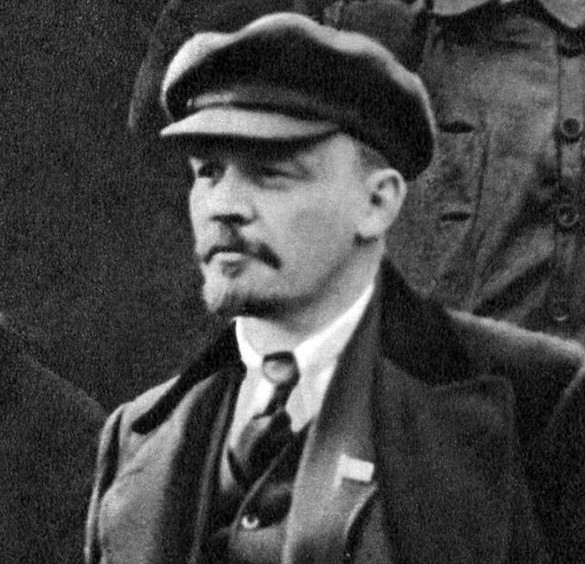
 1·11 days ago
1·11 days agoshoot at a person’s ear with a sniper rifle at a distance of 150 m
I honestly couldn’t even see the bullet wound

 1·12 days ago
1·12 days agoThere’s no cake recipe

 6·13 days ago
6·13 days agoAs if intelligence agencies haven’t trained terrorist groups for suicidal attacks in the past

 257·13 days ago
257·13 days ago
with a photo like this I can’t believe this wasn’t staged

 2·13 days ago
2·13 days agoThe Chinese economic model is already completely planned, the difference is that the market is part of their plan. Each enterprise plan on their own (and medium to large ones already have the presence of communist party members in the planning process), and at the same time, the country directs development through investment.

 8·16 days ago
8·16 days agoNot really, no. In some aspects, yes.
The reason the Soviets didn’t last was mostly political and less economic. Both things are never isolate, anyways, but the Soviet Union could’ve lasted indefinitely if the leadership honestly spent effort solving problems. Instead, they openly adopted a capitalist line and sabotaged the country in the last moments. This had nothing to do with the economy of the country.
The Soviets also spearheaded space exploration and satellite technology, before capitalist economies reproduced these achievements. This was a thriving economy in the 20th century, obviously very efficient, showing enough surplus to advance innovative research. Development of production at a scale unparalleled in history.
The Chinese political economic tactic to survive in a capitalist landscape was basically concentrating production and population (increased market demand) and thus making all countries essentially dependent on China and its market so that it could have the freedom to develop its own mode of production unlike the USSR. This was a certainly a step ahead of the Soviets, to which capitalist countries so far haven’t found any solution to respond with. Because attacking China is attacking the whole world market, so capitalist countries can’t do anything about it without also destroying themselves in the process.
Market allocation decentralizes research because every bourgeois is competing with each other for a more efficient production and marketing. You don’t need someone to oversee the operation of a company and conceive of ways to make it more efficient. The fact that (petty) bougies do it is because they are directly attached to the company and its profits. They are the ones who directly benefit from it, so they are very interested in that. So markets can advance the development of productive forces in some industries.
The problem is that it obviously allows exploitation of the proletariat and concentration of capital, resulting in a myriad of social problems. It also risks giving the bourgeoisie too much power, which should be constantly put in check to make sure capital cannot touch the political institutions.
TL;DR: The Soviets at its peak (60’s - 70’s) had a superior model in terms of development of productive forces compared to the capitalist economies and in terms of relations of production, while the Chinese has a superior model in terms of strategy.

 5·17 days ago
5·17 days agoMarxist theory on the underclass suggests that the ruling class actually need a large class of underclass, unemployed homeless people.
They are arresting them. The US prison system employs prison labor for profit. This essentially makes them “employed” and “sheltered”.
It’s a drive for profit and capital accumulation, using prison labor to maintain profit rates.The Supreme Court on Friday sided with a small Oregon town that imposes civil punishments on homeless people for sleeping in public spaces, finding that enforcement of its anti-camping rules is not prohibited by the Eighth Amendment’s protections from cruel and unusual punishment.
The 6-3 decision from the court in the case known as City of Grants Pass v. Johnson is its most significant involving homelessness in decades. It comes as cities nationwide grapple with a spike in the number of people without access to shelter, driven in part by high housing costs and the end of aid programs launched in response to the COVID-19 pandemic.

 14·17 days ago
14·17 days agoBasically modern “vagrancy laws” and slavery. In US the incarcerated population also serves as a source of cheap labor, which might be the reasoning behind these laws

 12·1 month ago
12·1 month agoIt’s a small and good step towards open architectures, but it’s bound to be restricted to a few developers and enthusiasts… It can’t and it won’t ever compete in the current market on its own. The only reason why Chinese companies are able to compete in that market is because they receive a shit ton of state incentives

 17·1 month ago
17·1 month agoIt’s impressive how every imperialist accusation is almost certainly a lie based on their own actions

 2·2 months ago
2·2 months agoAbsolutely, every “isolated” action is not isolated, what we share with people around us can be shared by people around them. In terms of the subjective conditions for a revolution, this is necessary, and natural even. After all, we are communists in our personal lives as well.
In terms of the objective conditions for a revolution, it all boils down to organization up until the organization is able to supersede the organization of the bourgeois state. So, for revolutionary praxis, there’s no other method.
I say this not condemning anyone for not organizing, there could be several reasons one chooses not to. I’m not organized in a party, for instance, after I broke with PCB in 2021. But I practice organization in parts of my life, such as on ProleWiki, basically only bureaucratically managing stuff. This does not count as revolutionary praxis, in my opinion, even, if there’s a revolutionary purpose.
I have a group with only three people, me, another commie and a left-leaning sympathizer. We created an informal WhatsApp group simply to discuss about these subjects. We are thinking about adding more people. If I’m able to convince the group to study Marxism together, and create a Marxist group, we could perhaps do interesting things in terms of revolutionary praxis, but we’re only engaging here and then, it’s nothing serious, so it’s not even close to that.
This is what I think in terms of revolutionary praxis. Organization is a survival tactic of working people, and we should not be restricted to currently existing parties, nor be afraid to form organizationо of our own to fight for certain immediate issues. This is the only and true revolutionary praxis, everything outside of this is a form of deviation.

 4·2 months ago
4·2 months agoNice edit. Is this the best quality version of it?

 24·2 months ago
24·2 months agoThere’s no praxis without organization when it comes to revolutionary praxis of the working class. So ideally what a single, isolated person can do is to join other single, isolated people and begin small, by organizing a Marxist study group, for instance.
 3·2 months ago
3·2 months agoExcellent post! I noticed a community I created didn’t have any posts, so I’m purging it

 3·2 months ago
3·2 months agoExcelente, bem resumido

 2·2 months ago
2·2 months agodamn bro

 7·2 months ago
7·2 months agoOnly question is whether the west will actually manage to incentivize the creation or movement of means of production to replace this tariffed production from China.
They won’t, unless they abandon the neoliberal model and allow the rate of profits to substantially decrease

 2·2 months ago
2·2 months agoExcellent, I prefer the current version! Great work

 2·2 months ago
2·2 months agoIt was very interesting how you inverted the roles in the pro-Israel piece by New York Post, suddenly the piece began making much more sense
I don’t know how substack works, is there any way (in form, not content) to make it clearer the inversion of the article is based on the New York Post? Like italics, or a quote thing
Moderates
- The CIA is a worldwide terrorist organization@lemmygrad.ml
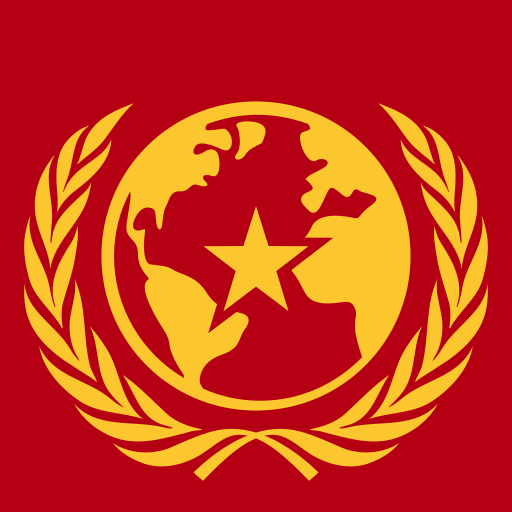



- Marxism-Leninism@lemmygrad.ml
- Polyamory!@lemmygrad.ml

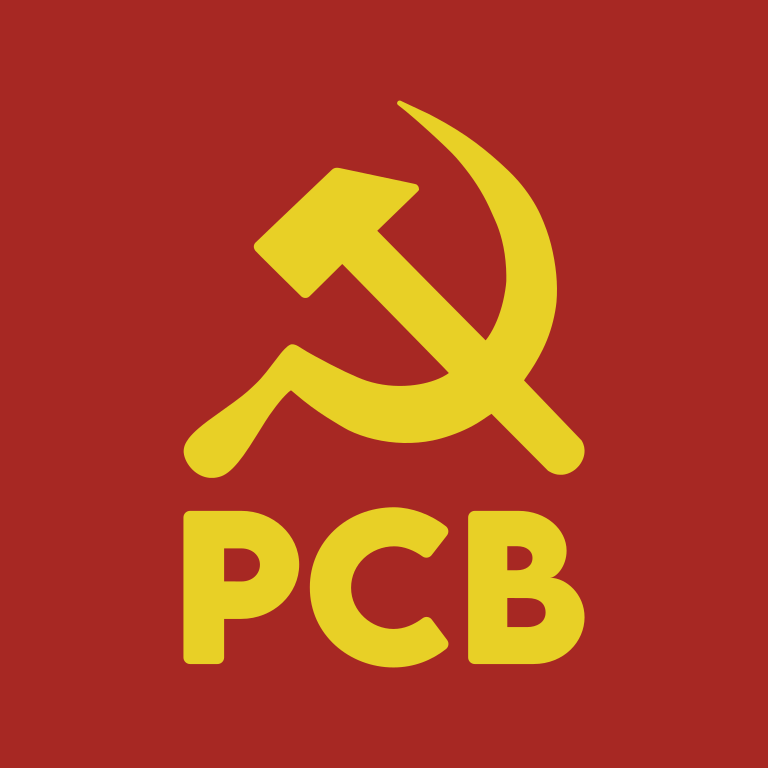
- Language exchange@lemmygrad.ml
- SolidNet.org@lemmygrad.ml
- Collective Research@lemmygrad.ml

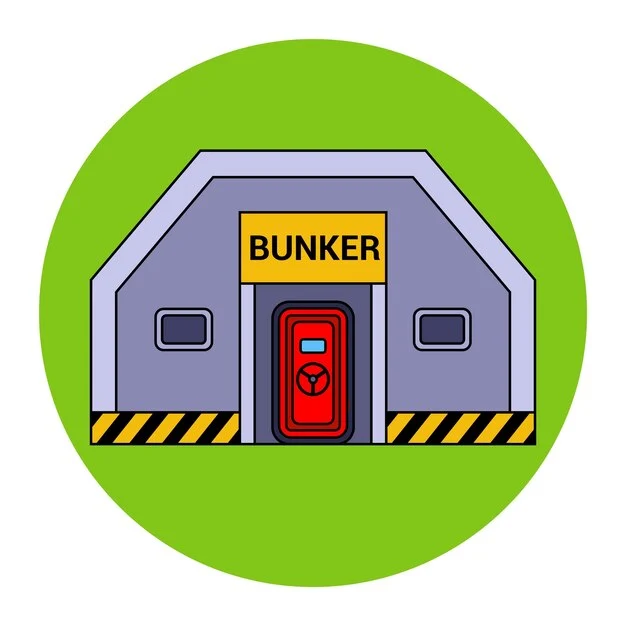



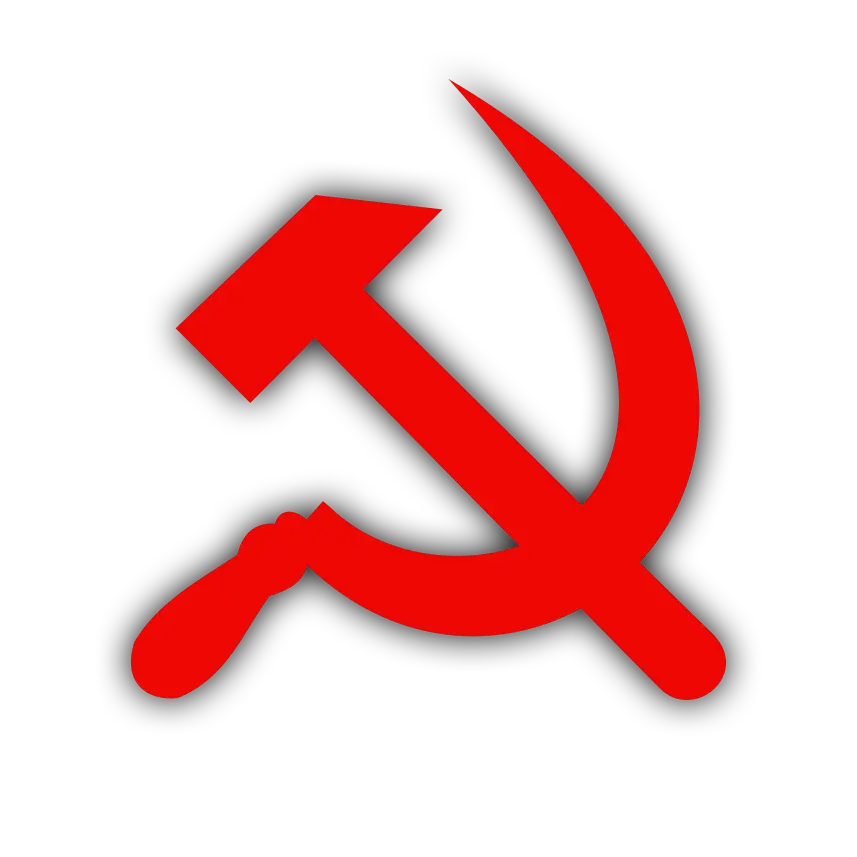




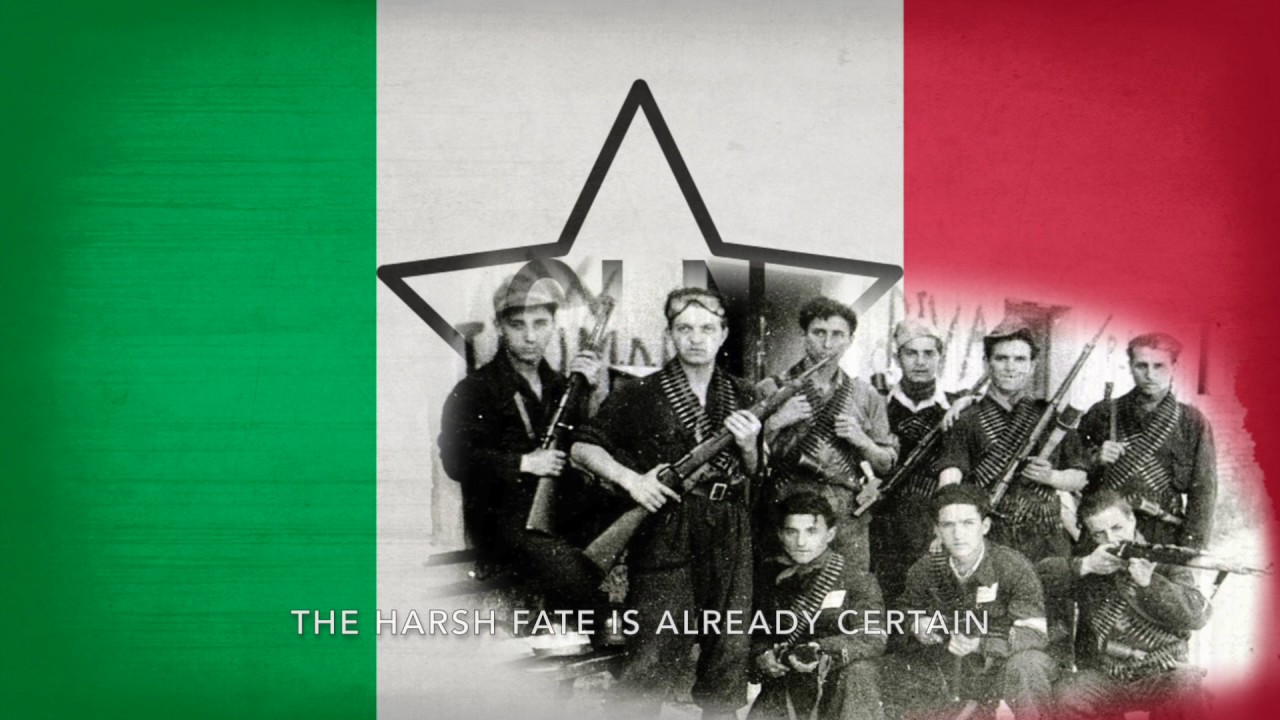


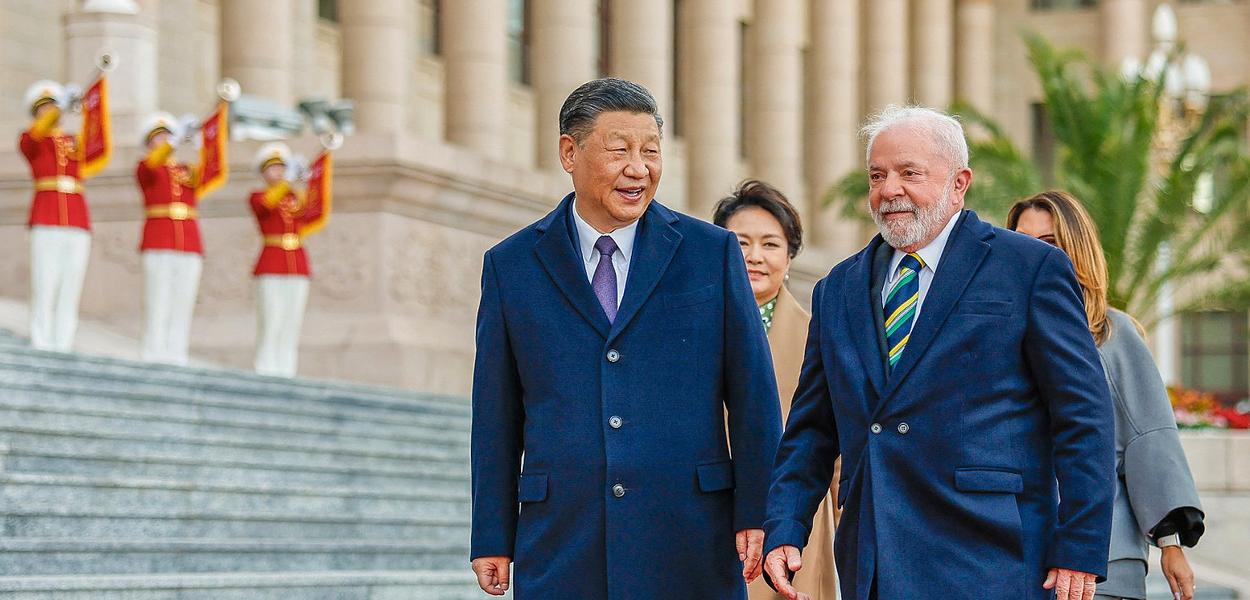
I sincerely can’t… I can only see what appears to be blood smeared all over his intact ear